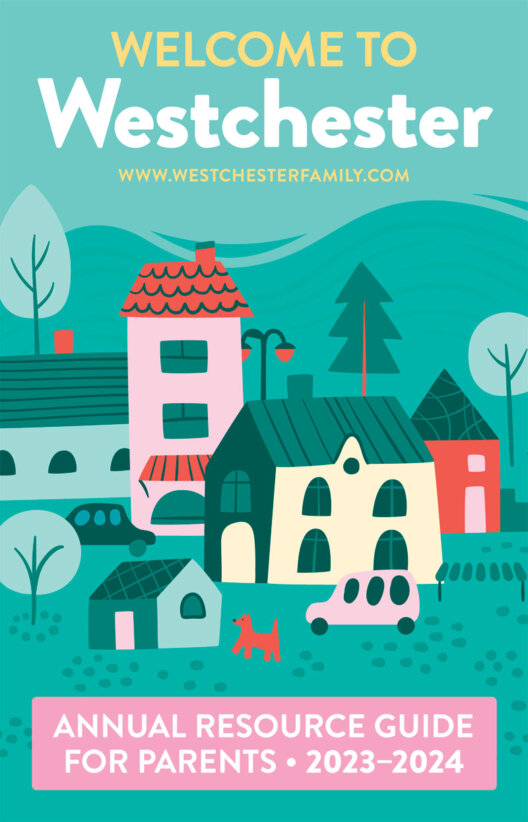If you speak with anyone who has a child at day or overnight camp, there is no doubt they will tell you what an amazing experience it is for their child. If you didn’t go to camp yourself or have a child at camp, you might not “get” camp. What is it about summer camp that makes it so special?
Feeling Good
American Camp Association research has found that 92 percent of campers said that camp helped them feel good about themselves and 70 percent of parents reported thattheir child gained self-confidence. Building self-esteem happens easily at camp. When a camper puts her head under water for the first time or gets to the top of the climbing wall she was scared to try, she builds confidence by accomplishing something new and challenging. “When children try a new activity and see a good outcome at the end, they build determination and grit,” says Gordon Josey, owner and director of Breezemont Day Camp in Armonk. On My OwnCamp fosters independence. When children are away from their parents, it allows them to think independently and feel good about making a decision on their own. Dan Weir, director of Camping Services at Frost Valley YMCA in the Catskills says, “Children gain confidence in decision making at camp and as they do, their independence grows. They feel comfortable taking action because they know they can make a decision. They gain a sense of independence and self-identity.”
New Experiences
Each day of camp brings a new opportunity for children. Research by the American Camp Association found that 74 percent of campers said they did things at camp that they were afraid to do at first. One day your child might be waterskiing around the lake and another day he may be going down the zip line. “All in one place, a child can swim, do arts & crafts, wacky science, cooking, basketball, soccer, music and theater,” says Josey. Trying new activities allows your child to broaden his or her horizons and learn to be open about participating in things that aren’t familiar. “Camp provides experiences children won’t necessarily get at home,” comments Weir. “At our Farm Camp, children interact with sheep, pigs and goats which is very different than what they would be doing at home. Camp exposes children to new activities and encourages children to push their boundaries by trying something for the first time.”
All Together Now
At camp, children learn to become part of a community. They learn to share in camp traditions, work together and at overnight camp, live together in bunks. Becoming part of a strong camp community can help children learn to live with others and help better prepare them for the college experience. Weir says, “When you live with people for two weeks, you bond with individuals you may not have if you weren’t in the same camp community. Campers come from all different neighborhoods and socioeconomic backgrounds but at camp, you have common ground.” Josey adds, “It’s not the sports that make camp special. It’s the relationships campers form with other campers and staff, the songs they sing together and the shared traditions that make children feel part of a strong community.”
Tech-less
In a report by Common Sense Media, it states that tweens spend 6 hours a day and teens 9 hours a day consuming media. This includes watching videos, TV, video games and social media. Instead of engaging in human interactions, children are staring at screens throughout the year. Summer camp has become one of the last unplugged environments for children. “Today’s children are connected more than ever by ‘talking’ on their devices but are increasingly lonely and isolated. At camp you are forced to be an active part of the community without a device. Campers have to put themselves out there and drop their inhibitions. They aren’t crafting responses and making sure their selfies are taken in the right direction. They have to be who they are in the moment,” comments Weir.
All Around Good
Camp allows children to play in a safe and nurturing environment with a caring and supportive staff. Play is an important form of learning that contributes to a child’s healthy physical, emotional, social and intellectual development. “The magic of camp is a child can just be a child. They can have fun and learn new activities all in a supportive and safe environment that is just for them,” says Josey.
Weir feels the staff at camp is so important for a child’s camp experience. “When we hire staff, we look for people who want to be with kids, take an interest in their development and put the child first. We also make sure through staff training that the staff is carrying out our camp’s philosophy and goals.”
To find out how truly extraordinary camp is for a child, send your child to camp. After just one summer, you will totally get it.
Jess Michaels works with the American Camp Association, New York and New Jersey. aca-nynj.org.









